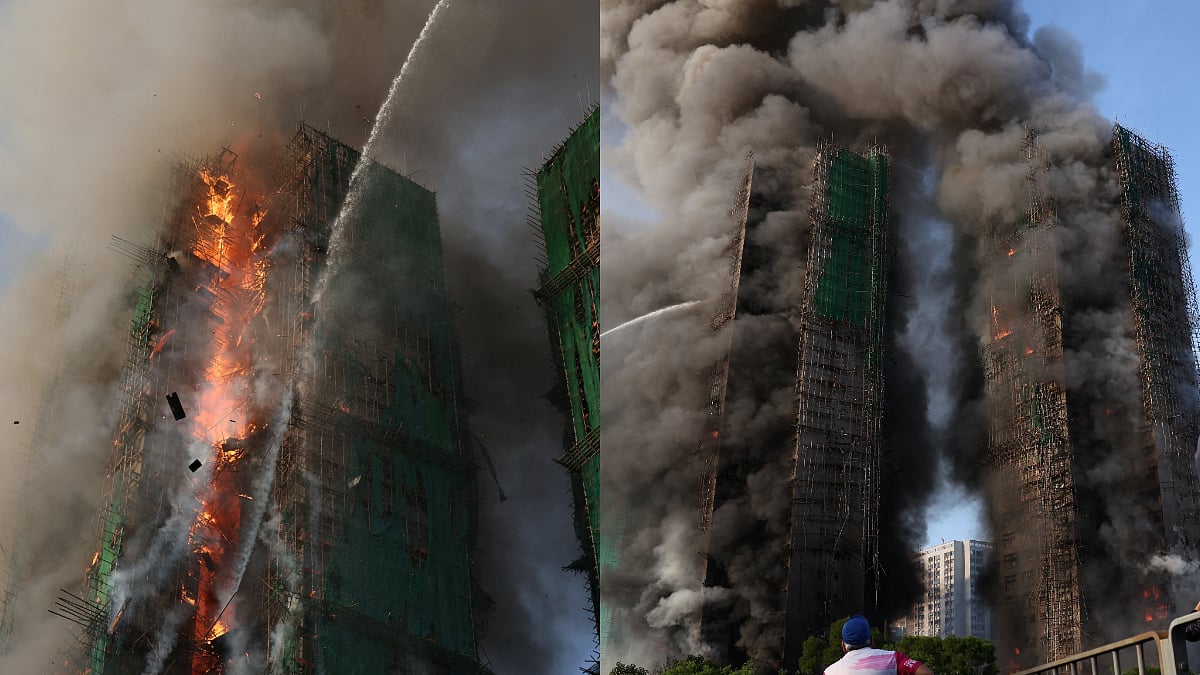Motormen from the Central Railway, Mumbai division, are once again gearing up for another protest against the railway administration's compulsory retirement policy for violations of signal rules. This policy mandates immediate retirement for any breach; which the motormen argue is excessively punitive and threatens their livelihoods.
“Recent compulsory retirements of few motormen for signal rule violations have sparked outrage, with many arguing that the policy does not account for the irregular placement of some signals and the inherent challenges of the job,” said a motorman. Talking about the arduous aspects, he said that the Central Railway's Mumbai division, known for its dense traffic and complex routes, operates around 1,810 local trains daily, with more than 60,000 stops. Motormen are tasked with ensuring passenger safety under challenging conditions, he underlined.

Another motorman said, “Despite the demanding conditions, errors such as stopping trains slightly away from designated signal points can lead to severe consequences, including compulsory retirement. Such mistakes, even if harmless, impact us and our families.” His colleague added, “In response to the recent compulsory retirements of our colleagues, we are deeply dissatisfied and committed to fighting for their rights. Our protest will begin on a large scale soon.”
The Motormen's Association is also advocating for a re-evaluation of the contentious policy, proposing alternative penalties like demotion or salary reductions instead of immediate retirement. They argued that these measures would be more equitable.

A week ago, the motorman held a protest against the model duty chart and later claimed that the administration withdrew the proposal following backlash. According to the sources, the proposed duty roster sought to reduce the overall working hours for motormen but would have increased the 'wheel-to-wheel' duty time—the time spent actively driving trains, excluding waiting periods between shifts. This increase in continuous driving time was a primary concern for the motormen, who were not willing to accept the new duty roster.








